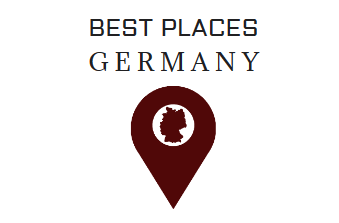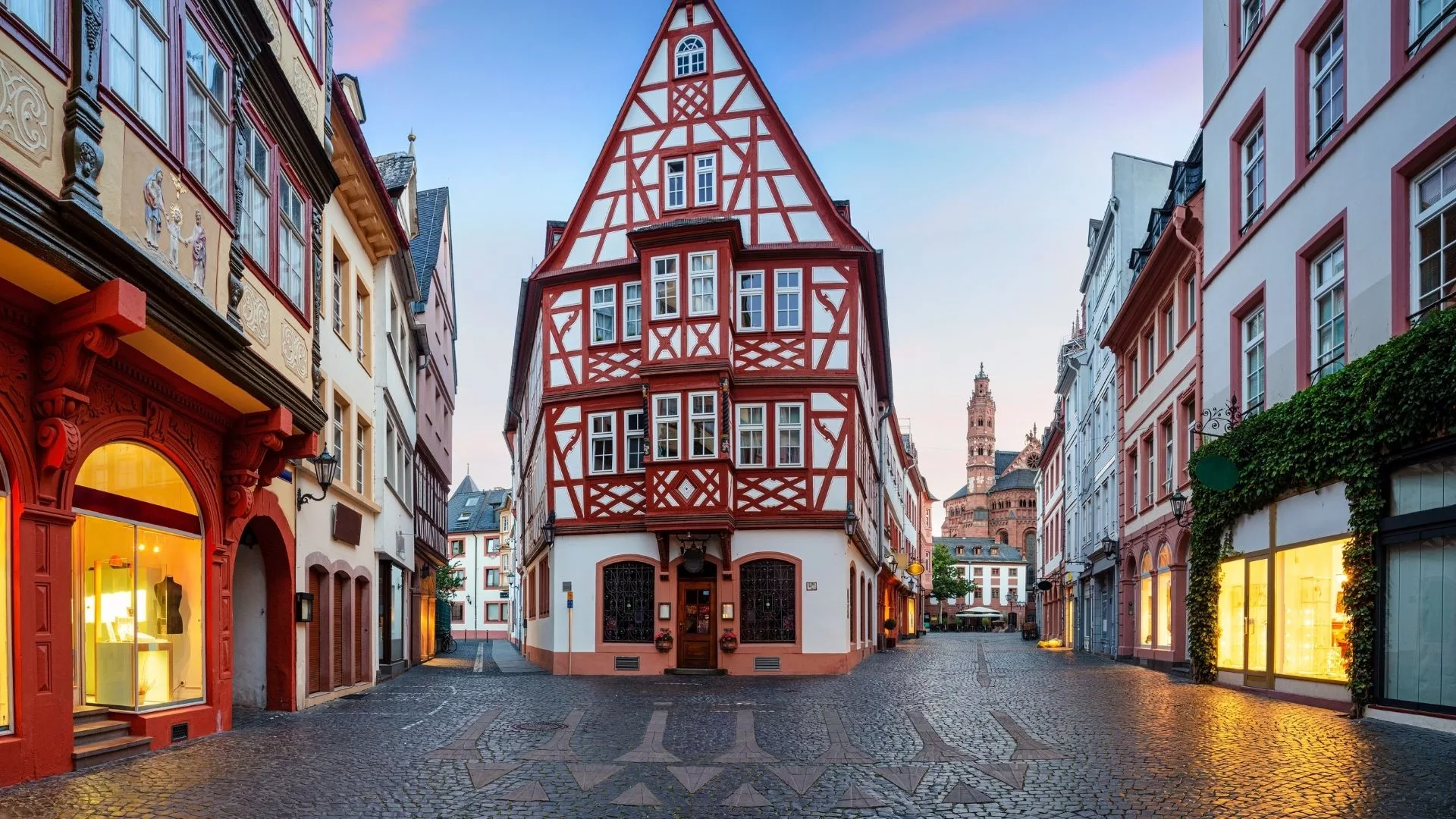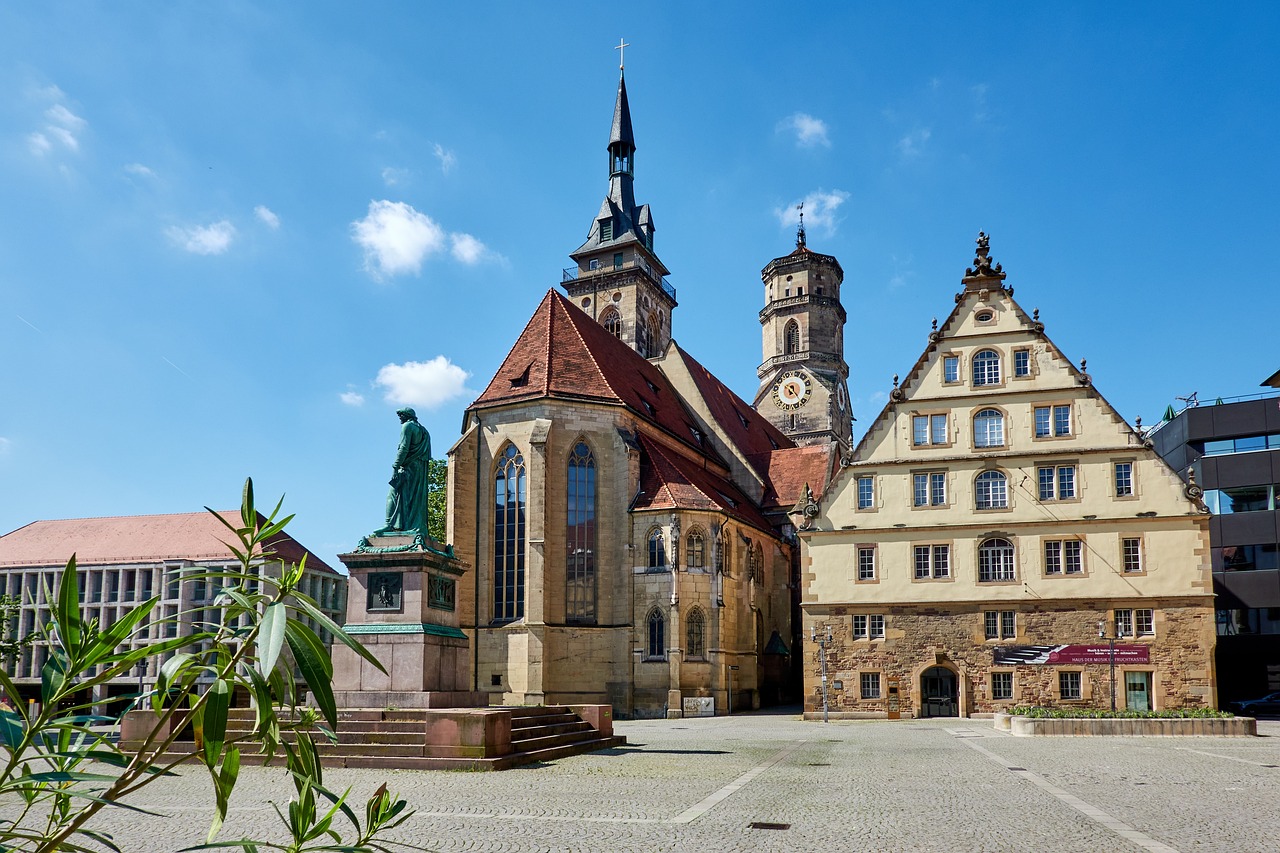The 10 Largest Cities in Germany
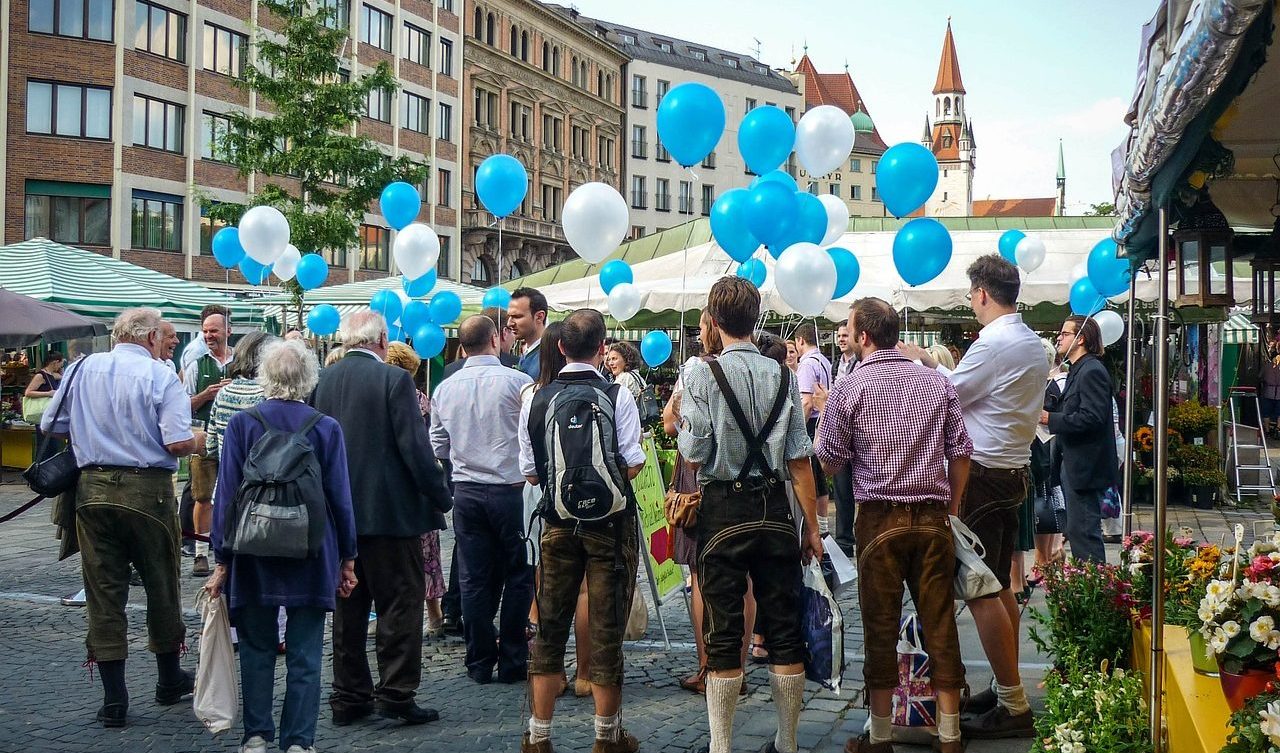
Germany, with its rich history and economic prowess, is home to some of Europe’s most populous cities. From the bustling metropolises to charming towns, Germany offers a diverse array of urban landscapes. In this article, we’ll delve into the 10 largest cities in Germany, exploring their populations, cultural significance, and more.
As we embark on this journey through the 10 biggest cities in Germany, we’ll uncover the stories behind their towering skylines, bustling streets, and iconic landmarks. From Hamburg’s maritime heritage to Stuttgart’s automotive legacy, these cities embody the spirit of innovation and progress that defines modern Germany. Join us as we explore the dynamic landscapes, rich histories, and diverse cultures of the ten largest cities in Germany!
1. Berlin

Population: Approximately 3.7 million (as of 2024)
The capital of Germany, Berlin, is a sprawling metropolis with a population of over 3.7 million. Known for its rich history, vibrant culture, and diverse population, Berlin is a hub of creativity and innovation.Located in the northeastern part of the country,the city holds a prominent place in global politics, economy, and culture.
Berlin is not only the biggest city in Germany but also the second-most populous city in the European Union, trailing only behind London. Berlin’s population has seen significant growth over the past decades, fueled by immigration, urbanization, and economic opportunities. In conclusion, Berlin holds a special place in the hearts of its residents and continues to serve as a symbol of hope and possibility for future generations.
→ Best Hotels to stay in Berlin
2. Hamburg
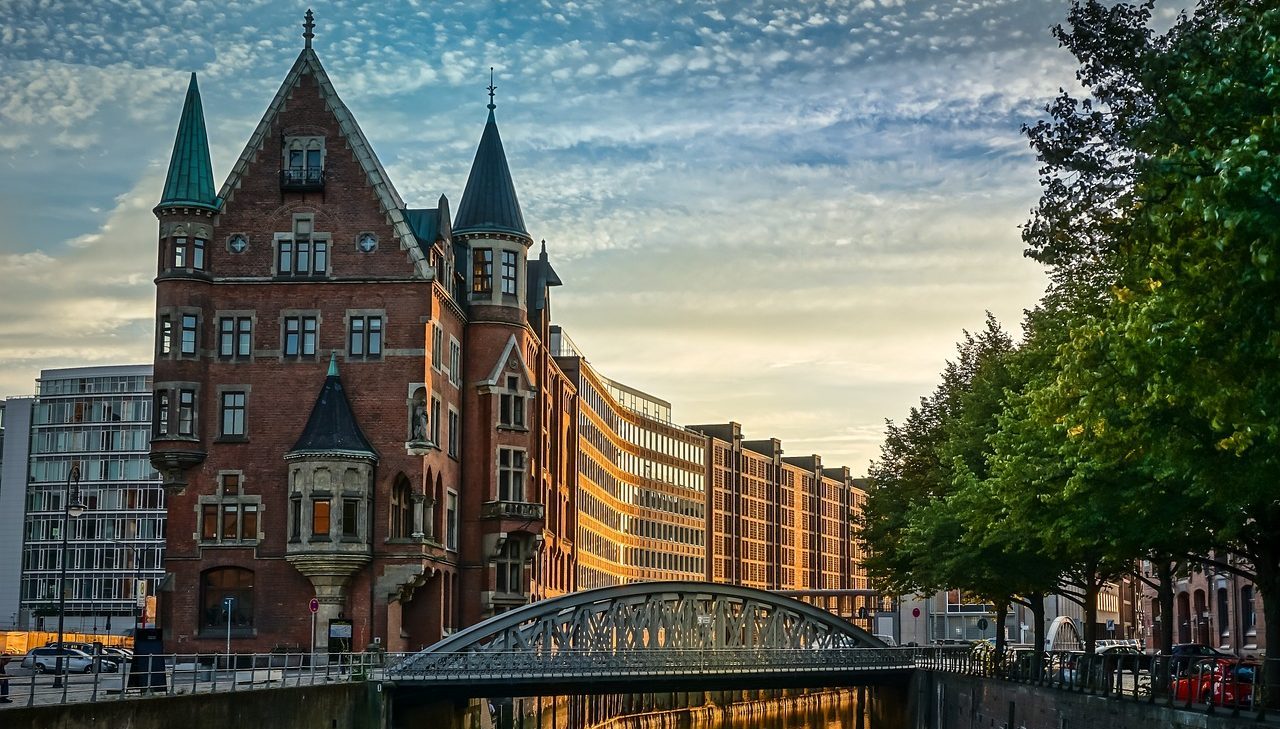
Population: Approximately 1.9 million (as of 2024)
Hamburg, Germany’s second-largest city, is a bustling maritime hub nestled along the Elbe River. With a population exceeding 1.9 million, Hamburg stands out as a center for trade, culture, and tourism.The city’s population has steadily grown over the years, fueled by both natural growth and immigration, contributing to its diverse and dynamic community.
Hamburg’s strategic location on the Elbe River and its access to the North Sea have long been key factors in its economic success. The city stands as a dynamic and thriving city that seamlessly blends its rich history with modern innovation. From its bustling port and economic prowess to its vibrant cultural scene and high quality of life, Hamburg offers something for everyone.
→ Best Hotels to stay in Hamburg
3. Munich
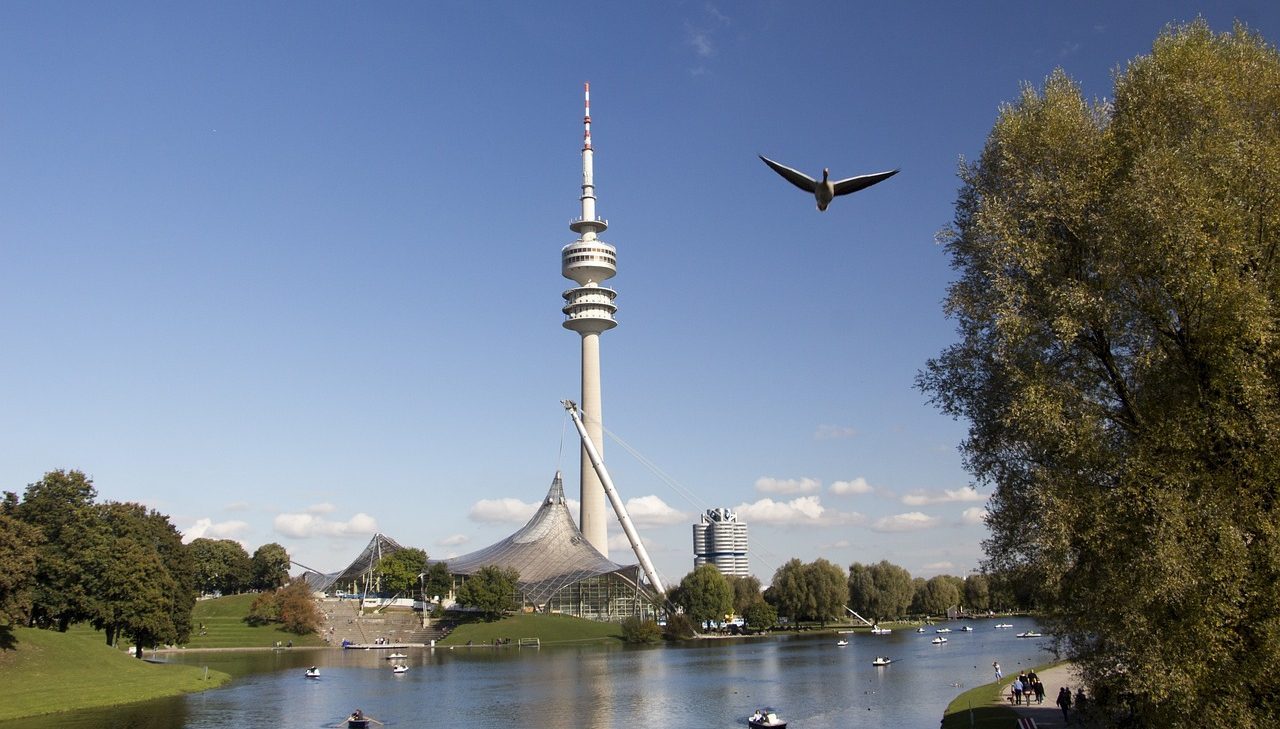
Population: Approximately 1.5 million (as of 2024)
The capital of Bavaria, Munich, is a culturally and economically strong city in the south of Germany. Hosting a population of over 1.5 million, Munich offers a unique blend of Bavarian tradition and modernity. The city’s population has experienced steady growth over the years due to factors such as migration, economic opportunities, and its reputation as a desirable place to live and work.
The allure and charm of Munich, Germany’s third-largest city, are undeniable. With its excellent infrastructure, healthcare services, education, and entertainment opportunities, the city consistently ranks among the world’s best in terms of quality of life. Therefore, Munich continues to attract residents and visitors from all around the globe.
→ Best Hotels to stay in Munich
4. Cologne
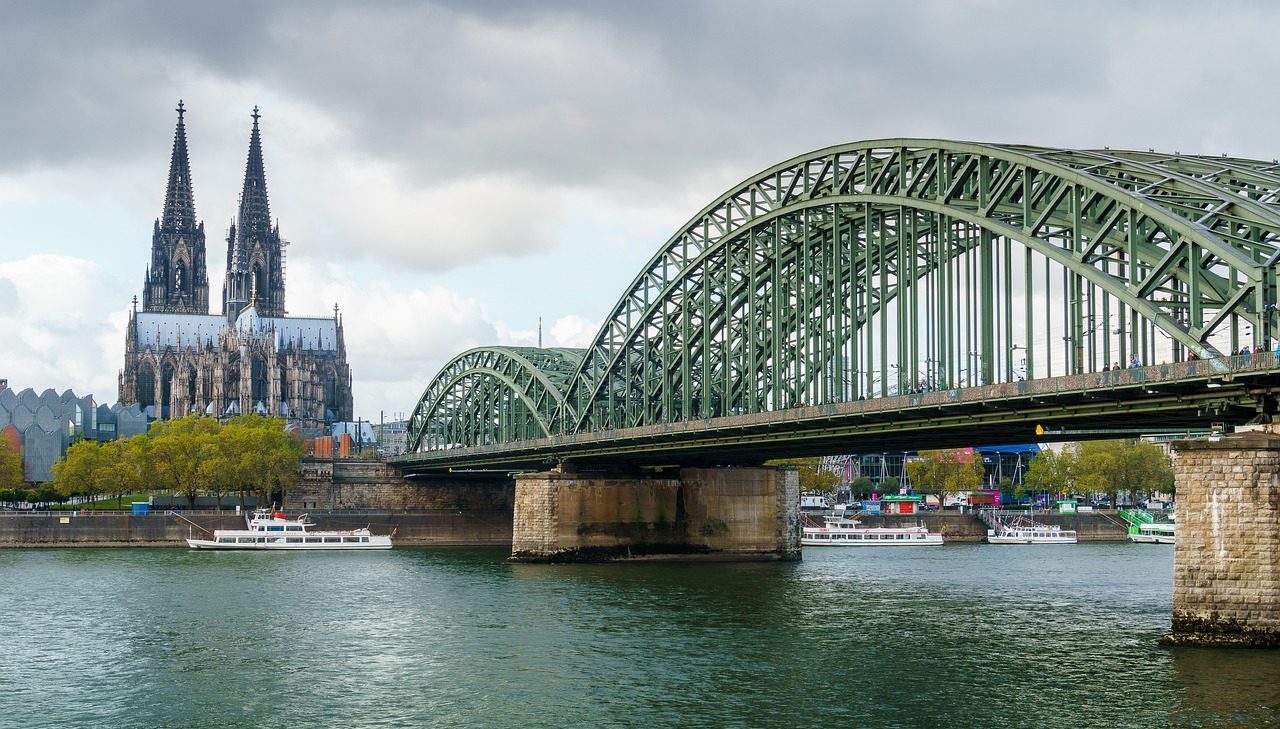
Population: Approximately 1.1 million (as of 2024)
As of 2024, Cologne is home to approximately 1.1 million inhabitants, making it the fourth-largest city in Germany. Cologne captivates visitors with its iconic landmarks, bustling atmosphere, and welcoming spirit. The city’s population reflects its diverse and cosmopolitan character, with residents hailing from various cultural backgrounds and walks of life.
Cologne’s economy is characterized by its diverse range of industries, including finance, media, manufacturing, and tourism. The city is home to numerous multinational corporations, financial institutions, and media companies, contributing to its status as a major economic center in Germany.
→ Best Hotels to stay in Cologne
5. Frankfurt am Main
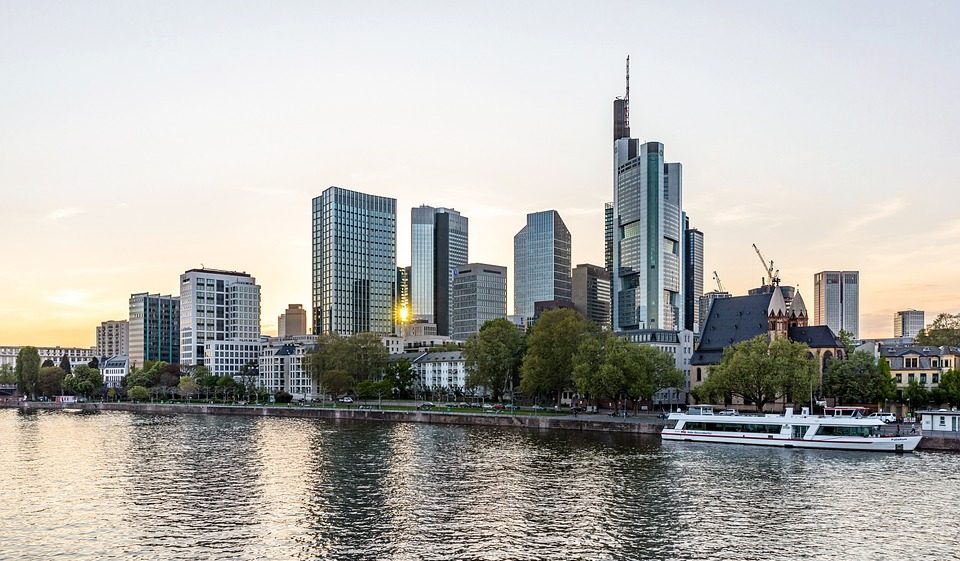
Population: Approximately 750.000 (as of 2024)
Frankfurt, Germany’s financial capital, boasts a population of over 750,000 residents and serves as a global hub for finance, commerce, and transportation. The city’s iconic skyline, dominated by sleek skyscrapers, reflects its status as a leading financial center in Europe.
Despite its relatively modest size in terms of population, Frankfurt is a bustling urban center with a diverse and cosmopolitan population. As Germany’s fifth-largest city, Frankfurt’s unique charm and allure make it a must-visit destination for anyone seeking to experience the best that Germany has to offer.
→ Best Hotels to stay in Frankfurt
6. Stuttgart
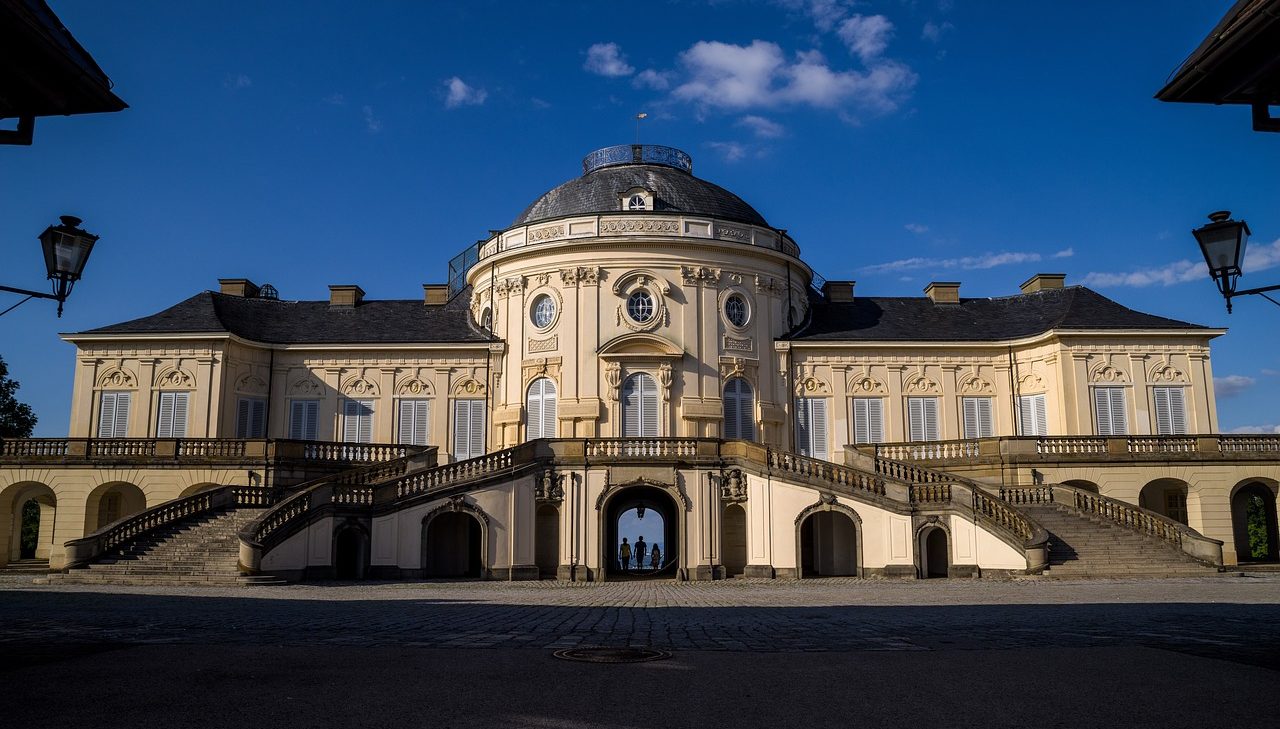
Population: Approximately 640.000 (as of 2024)
Stuttgart, nestled in the heart of Baden-Württemberg, is a vibrant city with a population exceeding 640,000 inhabitants. Renowned for its automotive industry, Stuttgart serves as the headquarters for Mercedes-Benz and Porsche, reflecting its reputation as a center of innovation and engineering excellence.
Stuttgart offers residents a high quality of life, with excellent healthcare, education, and infrastructure, as well as a strong sense of community and civic pride. The city’s surrounding natural beauty, including the nearby Swabian Alps and vineyard-covered hillsides, provides opportunities for outdoor recreation and leisure activities.
→ Best Hotels to stay in Stuttgart
7. Düsseldorf
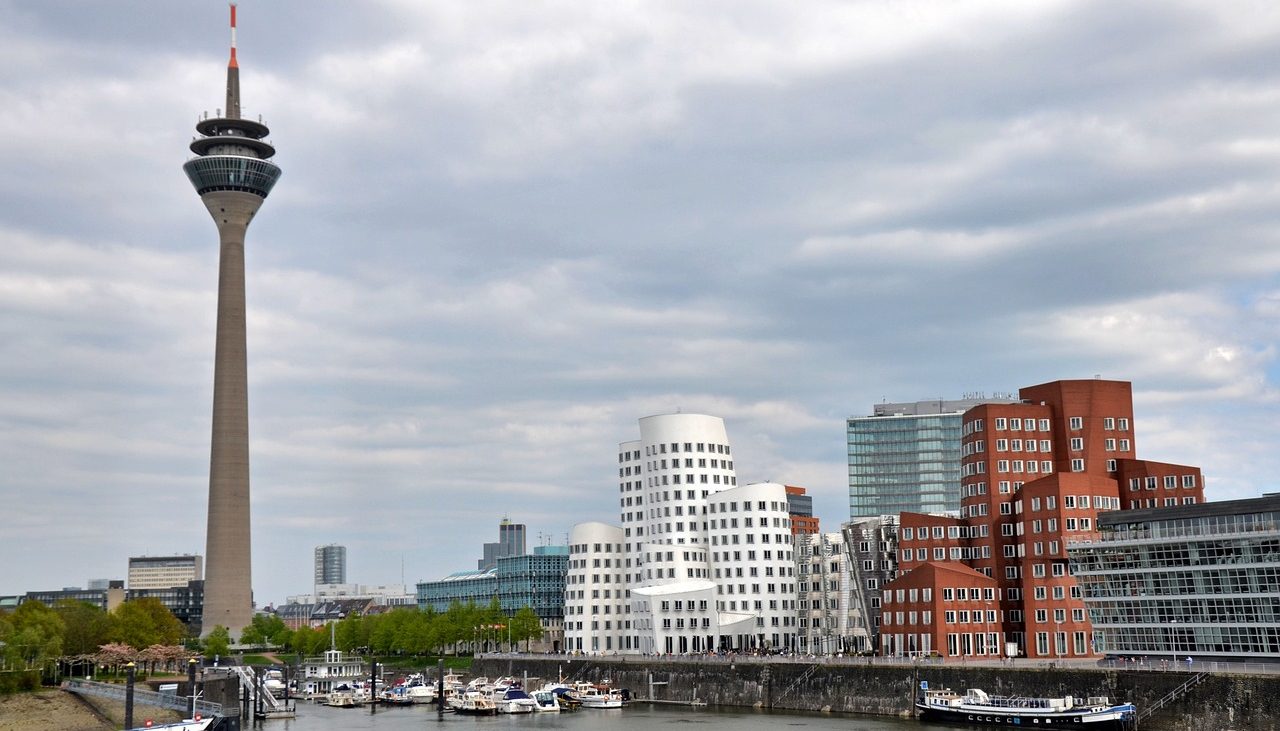
Population: Approximately 630.000 (as of 2024)
Located on the banks of the Rhine River in Western Germany, Düsseldorf is home to approximately 630,000 people, making it the seventh largest city in Germany. The city’s population is highly diverse and multicultural, with residents hailing from various backgrounds and nations.
Düsseldorf is recognized as a thriving economic center with strong presence in finance, fashion, telecommunications, and trade sectors. The city hosts numerous multinational corporations, financial institutions, and business centers, making it one of the wealthiest cities in Germany.
→ Best Hotels to stay in Dusseldorf
8. Dortmund
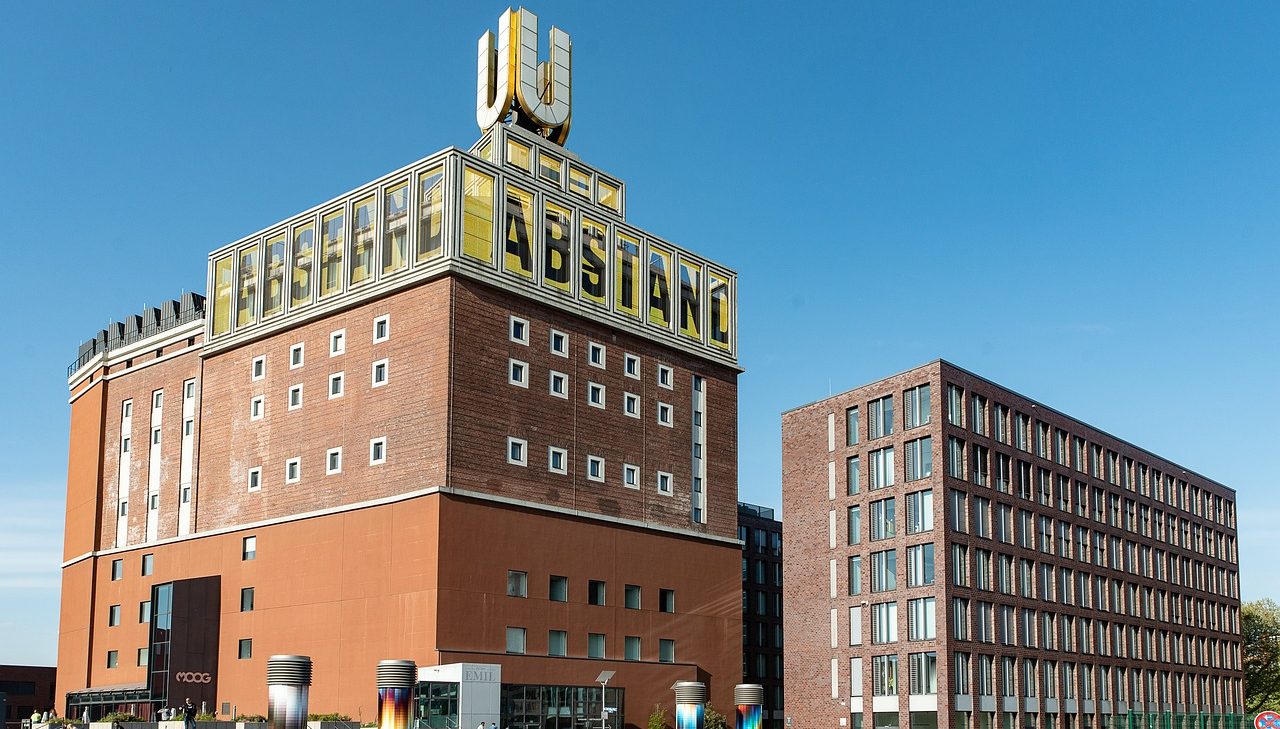
Population: Approximately 600.000 (as of 2024)
As of 2024, Dortmund is home to approximately 603,000 residents, making it the eighth-largest city in Germany.Nestled in the heart of the Ruhr region, Dortmund stands as a vibrant hub of culture, industry, and innovation.
Dortmund’s economy has diversified in recent decades, moving away from heavy industry to sectors such as technology, logistics, and services. The city is home to a thriving startup scene, with companies in fields such as information technology, renewable energy, and biotechnology driving innovation and economic growth.
→ Best Hotels to stay in Dortmund
9. Leipzig
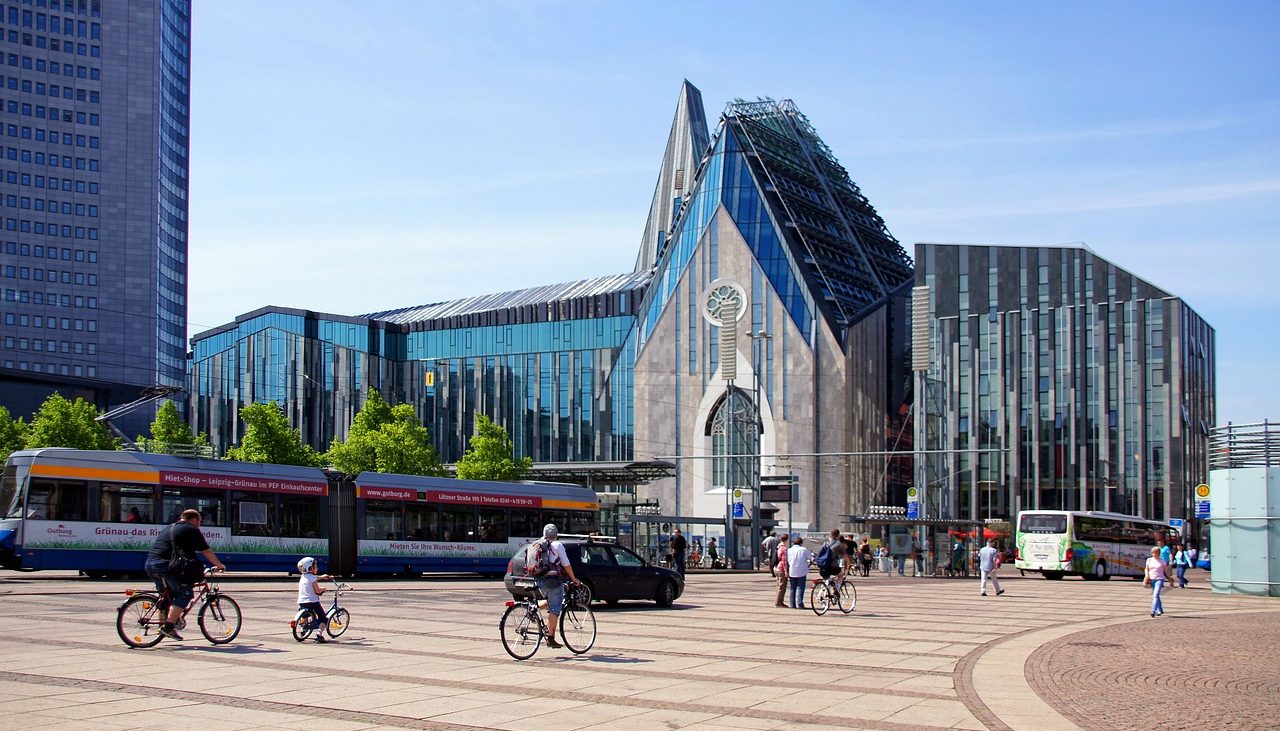
Population: Approximately 595.000 (as of 2024)
Leipzig boasts a rich and storied history that spans over a thousand years. As of 2024, Leipzig is home to approximately 595,000 residents, solidifying its place as the ninth-largest city in Germany. The city’s population has experienced steady growth over the years, fueled by factors such as economic opportunities, affordable living costs, and a high quality of life.
Leipzig’s economy is diverse and dynamic, with strengths in sectors such as manufacturing, logistics, healthcare, and services. The city is a major industrial and commercial center in eastern Germany, with a strong presence in industries such as automotive manufacturing, machinery production, and renewable energy.
→ Best Hotels to stay in Leipzig
10. Essen
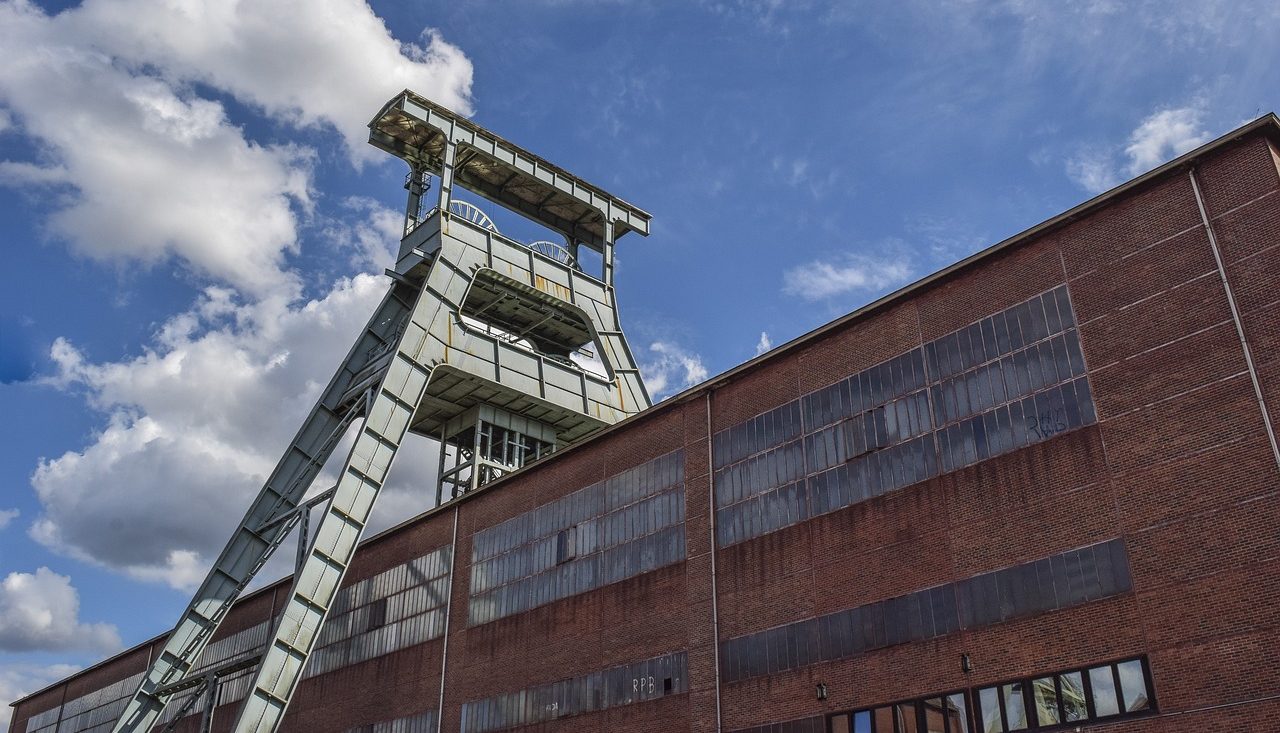
Population: Approximately 580.000 (as of 2024)
As the tenth-largest city in Germany, Essen offers a unique blend of industrial heritage, modernity, and innovation. As of 2024, Essen is home to approximately 582,000 residents. The city’s population is diverse and dynamic, with people from various backgrounds and nationalities contributing to its vibrant community.
Essen offers residents a high quality of life, with excellent healthcare, education, and recreational amenities. The city’s green spaces, parks, and gardens provide opportunities for outdoor recreation and relaxation. In conclusion, Essen stands as a dynamic and culturally rich city that seamlessly blends its industrial past with modern innovation.
→ Best Hotels to stay in Essen
